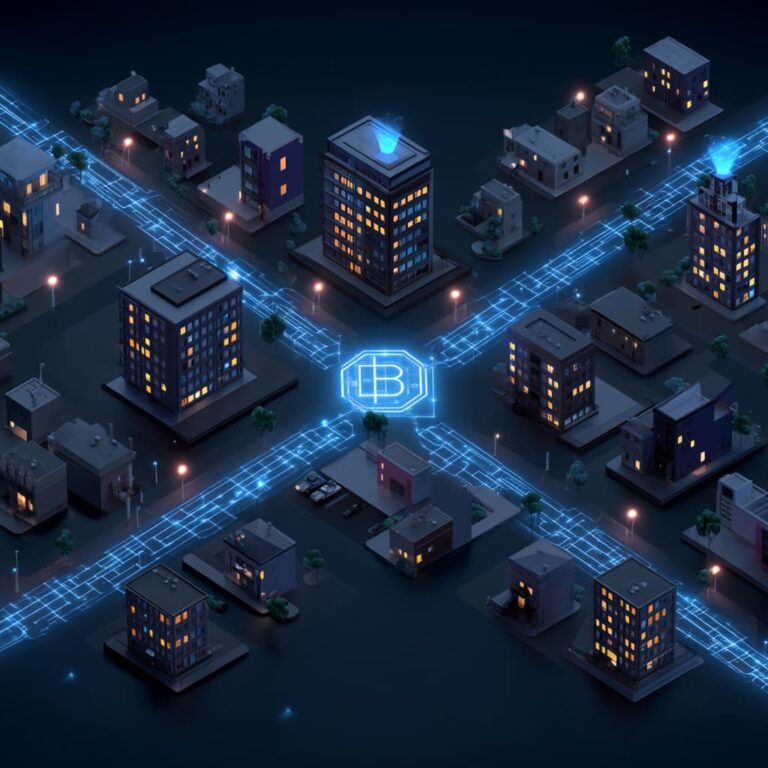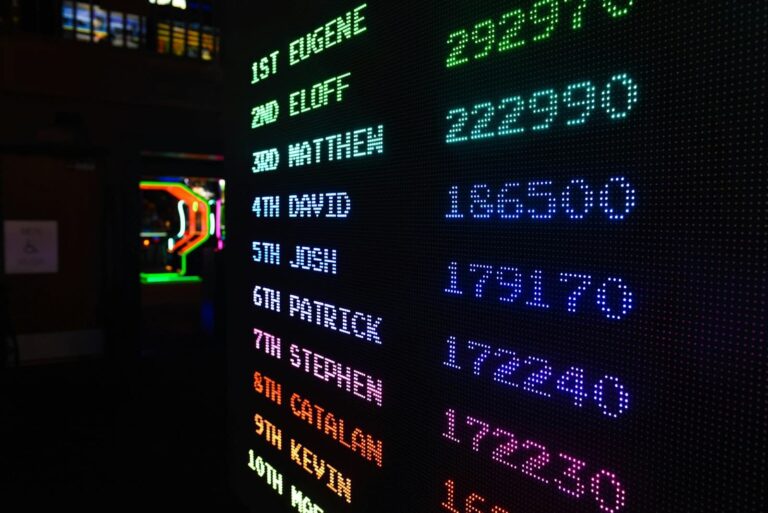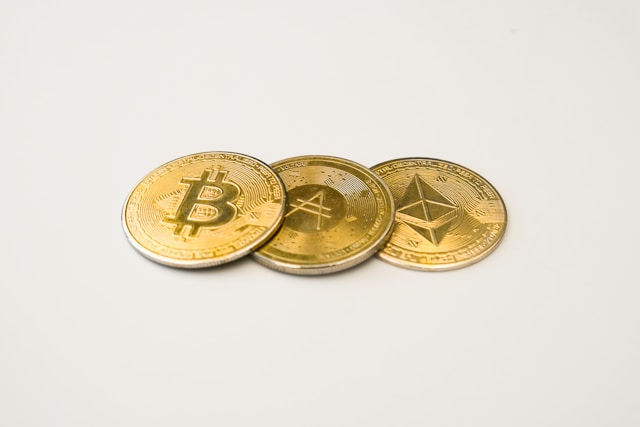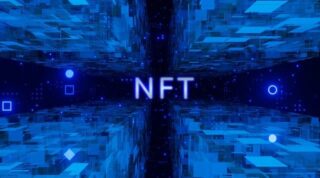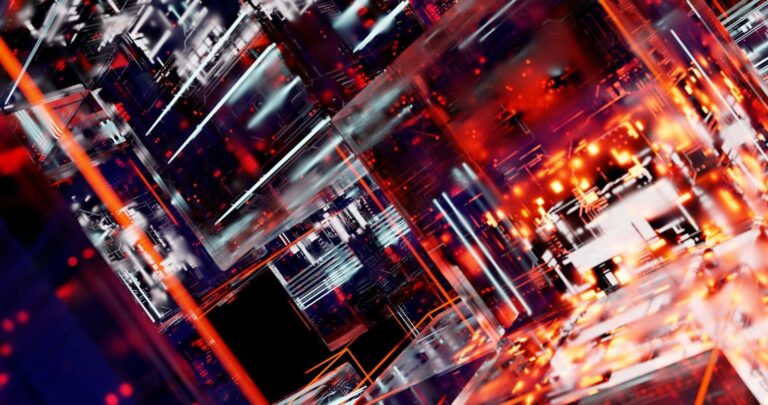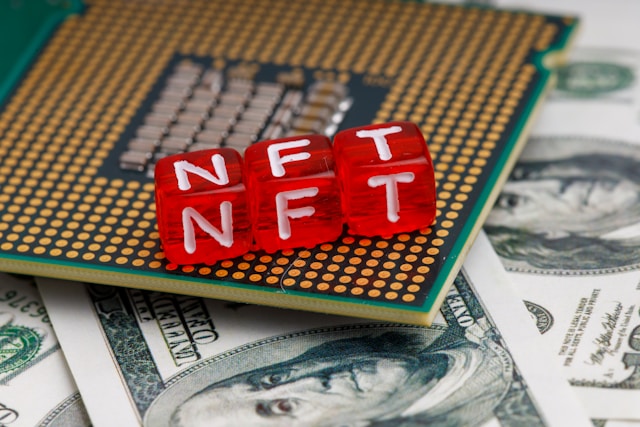In recent years, Ethereum smart contracts have become a significant factor that is transforming not only the financial markets, but also the entertainment industry, including gaming. This has led to notable changes in the way we play, interact, and even earn money in games. Let’s take a look at how these innovations are changing the world of gaming.
Decentralized markets and asset ownership
Ethereum smart contracts have introduced a new level of decentralization to gaming, allowing players to own their assets outside of the gaming platforms. By utilizing NFT (non-negotiable token) technology, in-game items and resources become unique and genuine. Players can buy, sell and even trade their digital assets independently of game developers.
Game economies based on smart contracts
Smart contracts enable smart economic models within games. This means that developers can regulate economic processes in games, including the release of new resources, revenue distribution and mechanisms to incentivize game activity, using program code and algorithms. Such games can offer a fairer and more transparent environment for all participants.
Genuine digital collections and NFTs
Ethereum smart contracts have made it possible to create and manage unique digital collections using NFT technology. This means that game items, characters, and even entire games can be created as NFTs, providing owners with absolute uniqueness and authenticity. Collectors and players can invest in these digital assets knowing that they are unique and valuable.
Decentralized worlds and game content management
Smart contracts enable the creation of decentralized game worlds where players can influence story development, create content, and even participate in the management of game mechanics and rules. This opens up new perspectives for social interaction and collaboration within games, and allows players to feel more involved in the gameplay.
Conclusion
Ethereum smart contracts are bringing significant changes to the world of gaming, from decentralization and asset ownership to the creation of unique digital collections and decentralized game worlds. These innovations are not only improving the gaming experience, but also changing the way we interact with and own game content. As a result, we are seeing the evolution of the gaming industry into a more open, fair and interactive direction.


